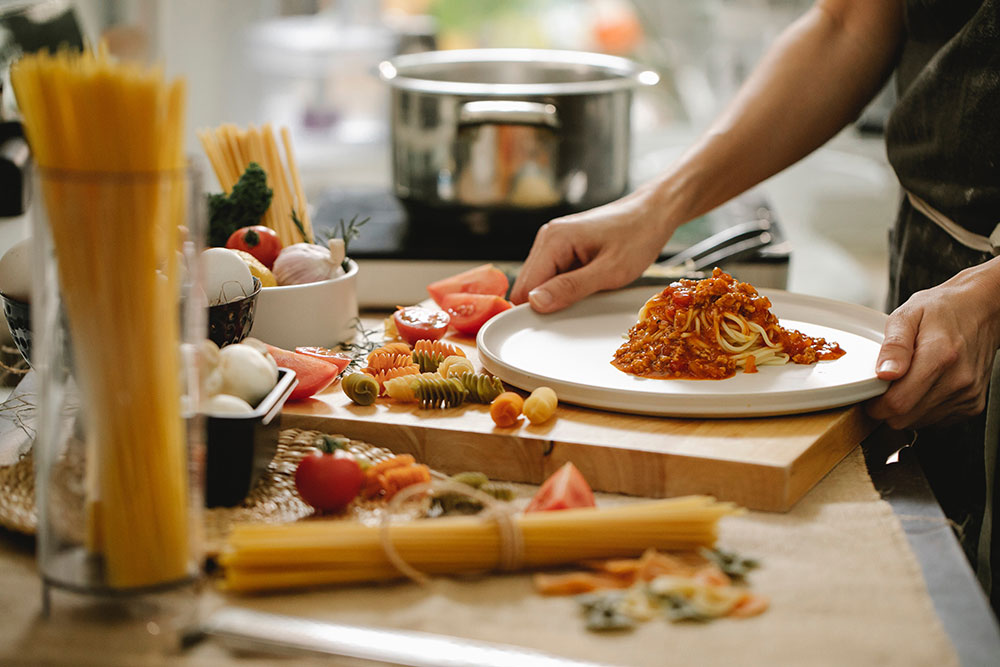Natural solutions have always been popular in skincare, with olive oil being a common go-to product. But is it truly beneficial for the skin? The answer largely depends on skin type. Since everyone's skin is unique, reactions to different products, including olive oil, may vary slightly.
In skincare, product quality plays a vital role. Using unrefined, minimally processed olive oil, preferably extra virgin olive oil, is recommended. Refined olive oil lacks essential skin-friendly elements such as antioxidants, phytosterols, and vitamins, reducing its effectiveness as a skincare product.
Rich in antioxidants and vitamin E, olive oil helps maintain the skin’s cell membranes and protects it from harmful external factors like X-rays, air pollution, cigarette smoke, and pesticides. It is also packed with omega-3 and omega-6 fatty acids, which support a healthy skin barrier and help lock in moisture, resulting in well-hydrated skin.
When should olive oil be included in a skincare routine?
Olive oil is versatile and can be incorporated at various steps, whether for makeup removal, cleansing, or moisturizing. Oil-based cleansers are especially effective in dissolving excess oils and makeup, as oil attracts oil. Since olive oil is natural and free of harsh chemicals, it cleanses the skin without disturbing its microbiome. For dry skin, olive oil alone may work well as a cleanser. For acne-prone or combination skin, following it with a second cleanser can be beneficial.
Although olive oil does not provide hydration directly, as it contains no water, it helps retain moisture due to its occlusive properties. By forming a barrier on the skin, it locks in water and protects against external elements.
However, olive oil may not be suitable for everyone. Those with sensitive or oily skin, or conditions like dermatitis, may want to avoid it. A patch test on the neck or wrist is a good way to determine skin compatibility. Overall, olive oil can be a beneficial addition to skincare routines, just be sure to consider individual skin type and specific skincare goals before use.











